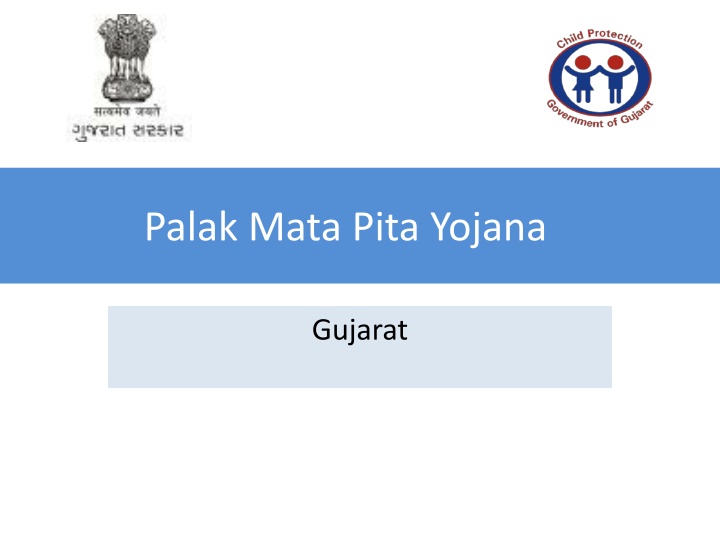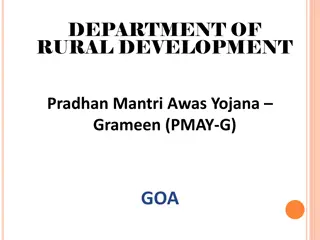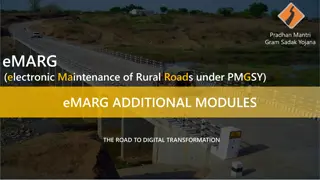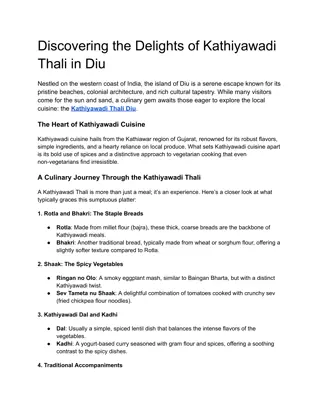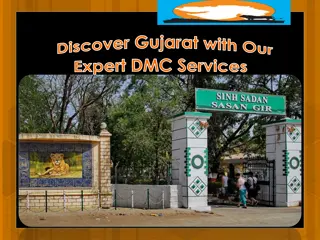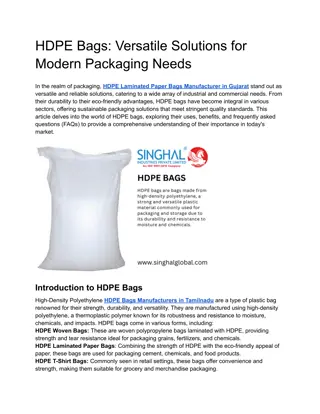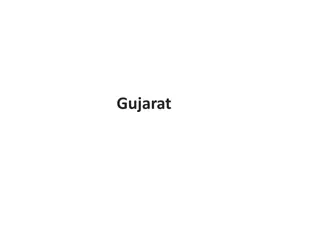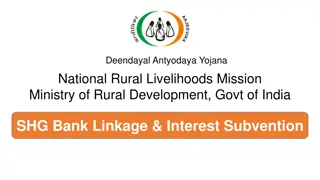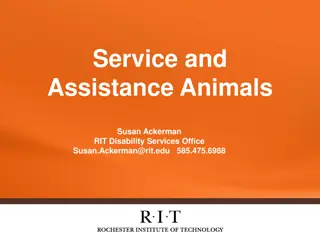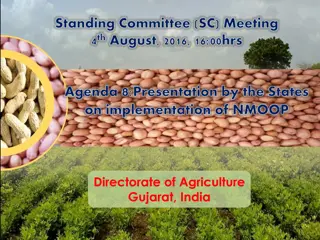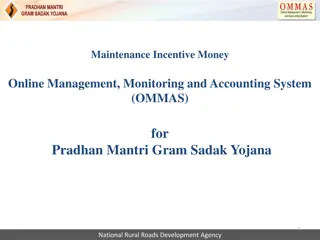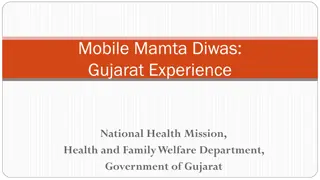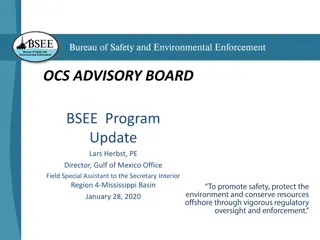Palak Mata Pita Yojana in Gujarat - Providing Financial Assistance to Orphan Children
The Palak Mata Pita Yojana in Gujarat provides financial assistance to orphan children aged 0-18 years. Started in 1978, the scheme aims to offer a domestic environment for orphan children, with financial assistance increasing over the years. Foster parents must meet income criteria, and specific documents are required for enrollment. Children above six years must be enrolled in school to continue receiving assistance. The scheme is implemented at the district level by the Superintendent of Children Home, ensuring eligibility and proper distribution of financial aid.
Download Presentation

Please find below an Image/Link to download the presentation.
The content on the website is provided AS IS for your information and personal use only. It may not be sold, licensed, or shared on other websites without obtaining consent from the author.If you encounter any issues during the download, it is possible that the publisher has removed the file from their server.
You are allowed to download the files provided on this website for personal or commercial use, subject to the condition that they are used lawfully. All files are the property of their respective owners.
The content on the website is provided AS IS for your information and personal use only. It may not be sold, licensed, or shared on other websites without obtaining consent from the author.
E N D
Presentation Transcript
Palak Mata Pita Yojana Gujarat
About Palak Mata Pita Yojna Pioneering role in providing a domestic environment to orphan children in Gujarat started in 1978. In 2001, State Government revised a scheme, which is now offering financial assistance to many thousands of orphan children in the state. The scheme was launched with the aim to provide a protective cover for orphan children.
Who can avail the scheme? 1. All orphan children from 0 to 18 years of age living in the State of Gujarat whose parents are died. 2. The children whose father is dead and the mother has remarried. 3. The scheme started with financial assistance of Rs. 75/- per child/per month in 1978. 4. Financial assistance has been increased from is Rs. 1000/- to Rs. 3000/
Financial Criteria requirements for Foster parents 1. The annual income of the foster parents having more than Rs. 27,000 in rural area 2. More than Rs. 36,000 in urban area for that proof of Mamlatdar is required.
Required Documents , , ( Birth Certificate, Aadhar Card and 2 Passport Size photos ) ( Child Photos with Parents Father and mother ) Income Certificate of Care Tacker from Mamlatdar. ( 36000 ) Death Certificate of Father and Mother Bank Passbook copy of child ( ) School Certificate from School Principle showing Continuous study , , , Identity proof Of person who is taking care of such child s
Provisions of the Scheme Children having age of more than six years must be enrolled in school. If child discontinue education, the assistance of scheme will be stopped. For children going to Anganwadi and for children going to school, certificate of programme officer and Principal respectively should be submitted every year.
Implementation mechanisms The scheme is being implemented at district level by the Superintendent of Children Home. District Child Protection Units are responsible for accepting the application forms of the scheme and initiate further process in those districts where Children Homes doesn t exists/ are not functional. At each district level, the Sponsorship and Foster Care Approval Committee (SFCAC) review and pass an order to pay the financial assistance to the foster parents who are eligible. The children who are benefiting from such schemes of the State or Central Government will not be entitled to get benefit from this scheme.
Achievements Year Beneficiaries 2015-16 1784 2016-17 3534 2017-18 2018-19 8630 9588
Outcomes 1. Decrease in institutionalization of children 2. Allow children to grow in a family 3. Decrease in school drop out ratio
Monitoring mechanism The government carries out surveys at regular intervals to identify such children and also monitor the health and education of these children through DCPUs To reach more numbers of children under this scheme, the DCPU team members participates in the CRC and BRC teacher s training program. Meetings with ICDS functionaries are being organised at the Taluka level to provide information about Foster Care Scheme. DCPU take assurance from the parents on 20 rupees stamp paper that they will not drag their children into marriage at early age and they will ensure that children complete their study. Home visits by DCPUs
Way Forward Plan to create awareness to popularise the scheme in small towns and villages. Evaluation of the Palak Mata Pita Yojna
